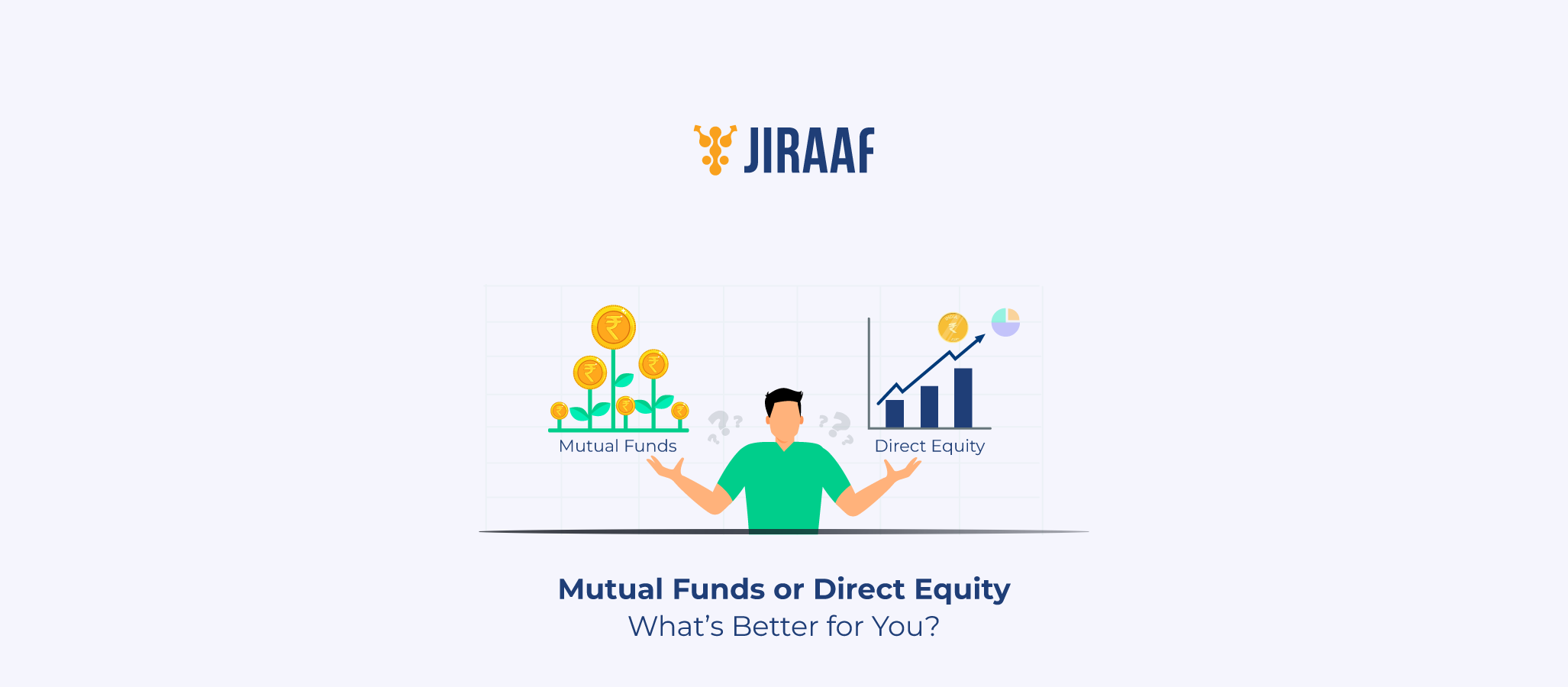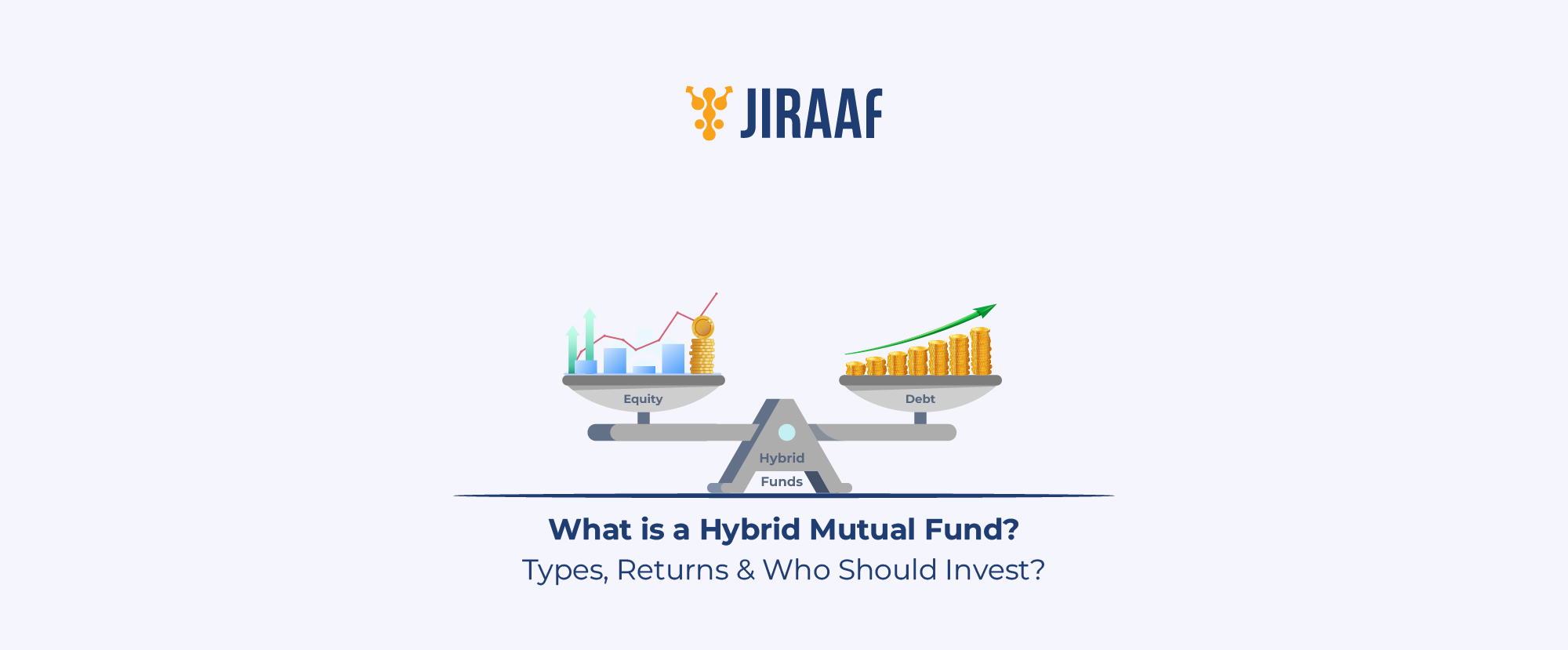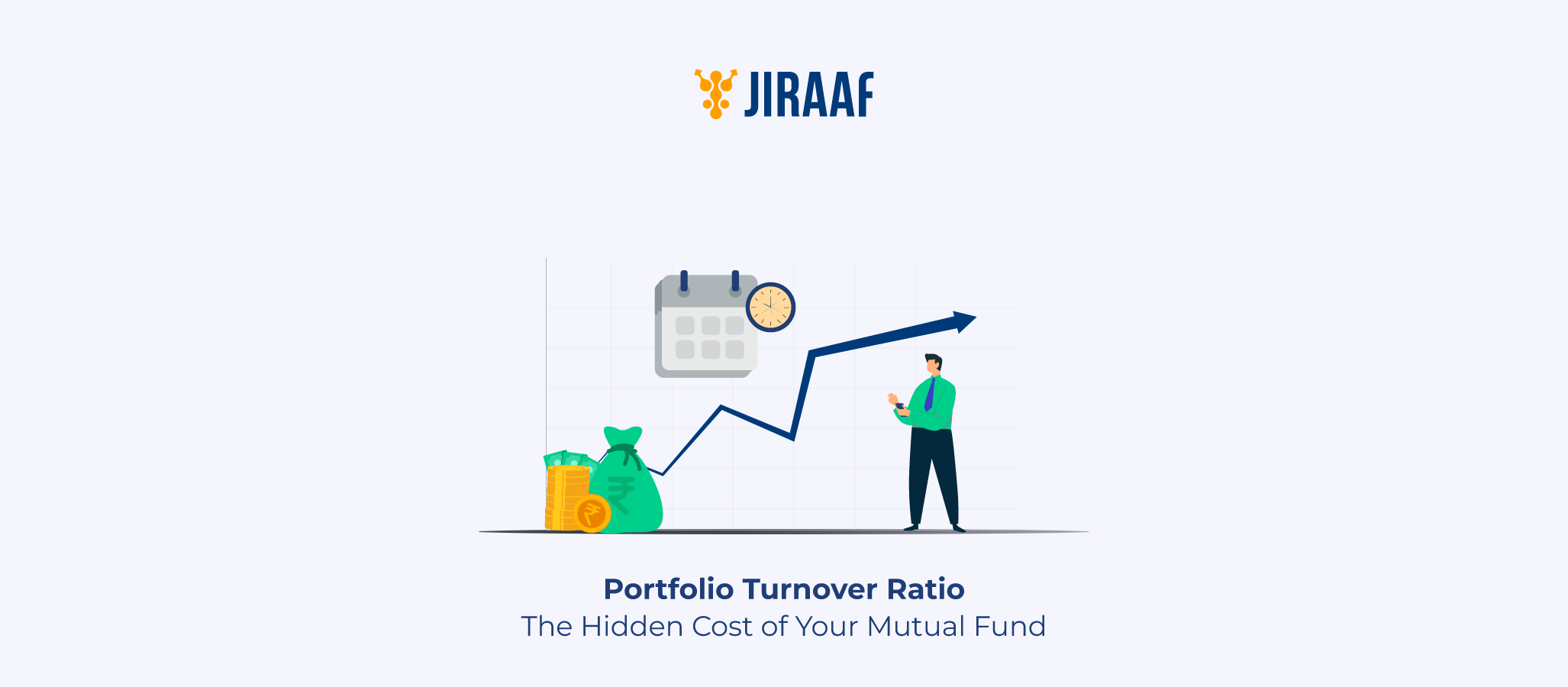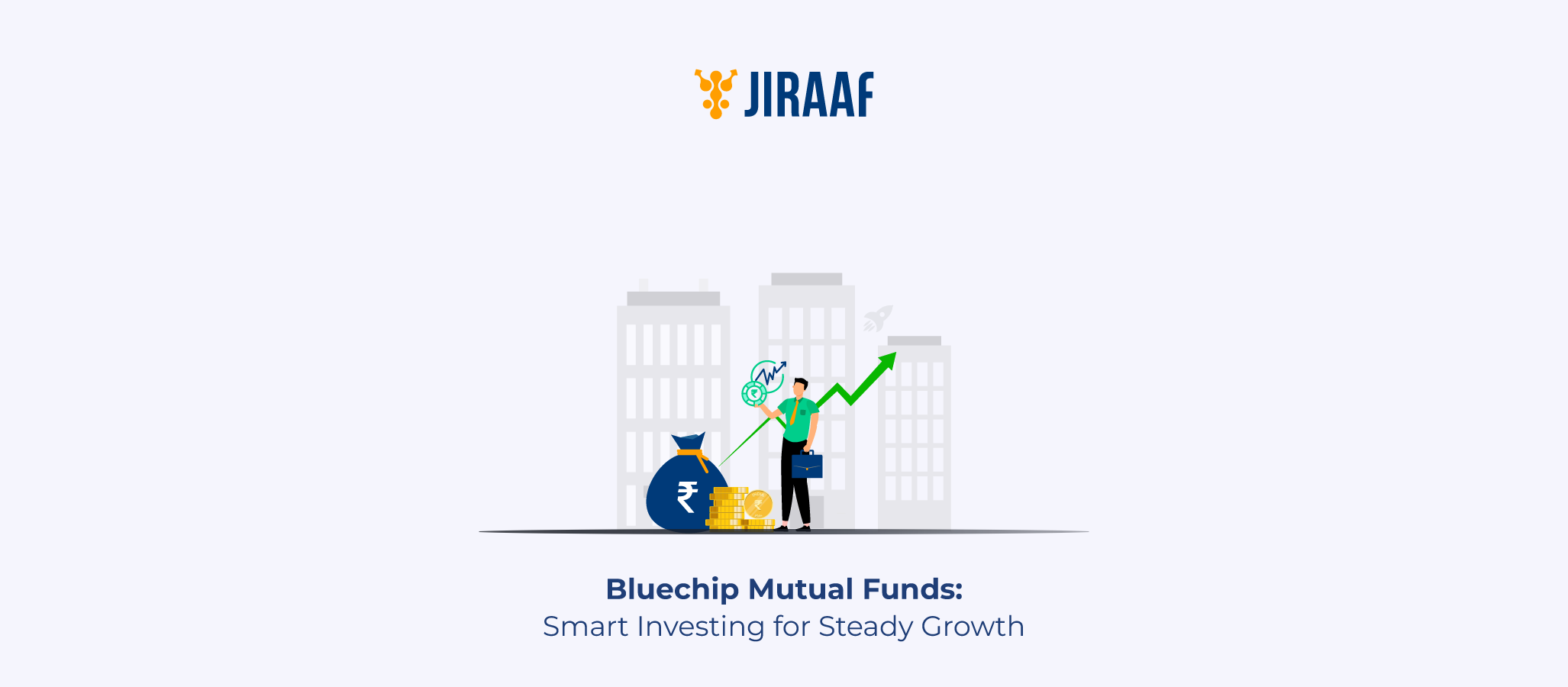Rahul spends his weekends dissecting balance sheets, watching earnings calls, and building his own equity portfolio. Meera, on the other hand, prefers trusting professional fund managers to navigate her mutual fund SIPs and keeps her weekends for other hobbies.
Even though both are chasing the same goal (wealth creation), whose strategy works better? Well, on paper, the answer looks simple: mutual funds for passive investors, direct equity for the bold. So, if you’re like Meera, you could choose mutual funds, and all the Rahuls could go for direct equity. But in practice, the lines blur.
What if you like to keep your weekends free but still want control over your investments? What if you prefer to trust professionals but prioritize transparency? You’re not alone.
Both these promise growth, but the journey, risks, and outcomes differ dramatically. The real question isn’t which one is better; it’s which one is right for you. Let’s explore the workings of these two assets, their pros and cons, and compare them to see which works better for your strategy.
What Are Mutual Funds and How Do They Work?
First things first, let’s quickly take a look at what mutual funds are. They’re collective investment vehicles that pool money from multiple investors to purchase a diversified portfolio of stocks, bonds, or other securities to maintain a healthy risk-return ratio. Managed by professional fund managers, these aim to help you achieve specific investment objectives, such as capital appreciation, income generation, etc. Now let’s look at the broad types of mutual funds that are available and the advantages you can gain from them.
Types of Mutual Funds
Mutual funds come in various forms, catering to different investment goals and risk appetites.
Equity Mutual Funds
These invest in stocks to target long-term capital growth. They’re best for high-risk investors with a long investment horizon.
Debt Mutual Funds
These invest in bonds and other fixed-income assets to provide stable returns. They’re ideal for conservative investors with short- to medium-term goals.
Hybrid Funds
These funds blend equity and debt to balance growth and stability. They’re suitable for moderate-risk investors seeking diversified exposure.
Index Funds
These track a market index for low-cost, broad equity exposure. They’re fit for long-term, moderate-risk investors looking for passive growth.
Advantages of Mutual Funds
- Diversification: By investing in a variety of assets, mutual funds reduce the risk associated with individual securities.
- Professional Management: Experienced fund managers make investment decisions on your behalf, allowing you to leverage their expertise to navigate market complexities.
- Accessibility: With relatively low minimum investment requirements, mutual funds are accessible to a broad range of investors.
What Is Direct Equity Investment?
Direct equity investment involves purchasing shares of individual companies listed on stock exchanges. This approach requires you to make decisions, unlike in the case of mutual funds, where decisions are driven by fund managers based on factors like the issuer’s past performance, industry trends, and market conditions, among others.
Equities require you to do your own research, invest and track assets on your own, and keep a constant eye on the market trends. They provide higher returns than most other assets but come with a higher risk. And why are people okay to take the risk? Because of the benefits it provides.
Advantages of Direct Equity Investment
- Control: You have the autonomy to choose which stocks to buy or sell, tailoring your portfolio to your preferences.
- Potential for Higher Returns: Successful stock selection can lead to significant gains, especially if you identify undervalued companies poised for growth.
- Transparency: You can monitor the performance of each stock in your portfolio, gaining insights into individual company dynamics.
- Real-time Decision-making: You can react to market events instantly; buy, sell, or hold based on real-time data, corporate actions, and/ or macro developments.
Key Differences Between Mutual Funds and Direct Equity
| Aspect | Mutual Funds | Direct Equity Investment |
| Definition | A pooled investment managed by professionals, investing in a diversified portfolio | Buying individual company shares directly through a stock exchange |
| Management Style | Actively or passively managed by fund managers | Fully self-managed—you research, choose, and manage your own stocks |
| Diversification | Automatically diversified across sectors and stocks | Depends on your ability to build a diversified portfolio |
| Risk Level | Generally lower due to diversification and professional management | Higher risk—returns depend heavily on your stock-picking skills |
| Return Potential | Moderate to high, depending on the fund type and tenure | Can be very high—or very low—depending on market timing and stock choices |
| Time & Effort Required | Minimal—you invest, and the fund manager takes over | High—you need to stay updated and make timely decisions |
| Cost/Charges | Expense ratio and exit load may apply | Brokerage fees, Securities Transaction Tax (STT), and other charges apply |
| Tax Treatment | Varies by type (equity or debt); eligible for tax-saving options like ELSS | Subject to capital gains tax based on holding period and type of equity |
| Ideal For | Beginners, passive investors, or those who want convenience | Experienced investors, market enthusiasts, or those seeking higher control |
Who Should Choose Mutual Funds?
Mutual funds suit a wide range of investors because they can adapt across different investor profiles. Let’s see the best fits, based on goals, knowledge, and risk.
Financial Goals
- Long-term Wealth Creation & Stability: Mutual funds are ideal for investors aiming for steady growth over time without daily market monitoring. They help you achieve goals like retirement planning, education funding, and tax-efficient wealth accumulation.
Financial Knowledge
- Low to Moderate Knowledge & Involvement: Mutual funds help investors who prefer professional management and automated investment strategies. Systematic Investment Plans (SIPs) and balanced funds simplify investing without requiring deep market expertise.
Risk Appetite
- Low to Moderate Risk Tolerance: Mutual funds offer diversified portfolios that reduce volatility, such as balanced advantage or dynamic asset allocation funds that adjust equity-debt exposure automatically.
- Moderate to High Risk: Equity-oriented funds focusing on mis- and large-cap stocks or thematic sectors are good for investors comfortable with some market fluctuations. A possible allocation for moderate-risk portfolios could be 60% balanced advantage funds, 30% large-cap or index funds, and10% short-duration debt funds.
Who Should Opt for Direct Equity?
Investing directly in stocks isn’t for everyone, as it demands not just capital, but time, discipline, and confidence in one’s analysis. Let’s look at the financial goals, risk profiles and financial knowledge that can be associated with direct equity investment.
Financial Goals
- Aggressive Wealth Accumulation & Tactical Investing: Investors aiming to generate alpha and capitalize on market opportunities prefer direct equity to complement business exposure or hedge risks.
Financial Knowledge
- High Knowledge & Active Involvement: Investors with strong analytical skills, such as equity analysts, finance professionals, or seasoned investors, excel in direct equity. They study company fundamentals, valuations, and macro trends to make informed decisions.
Risk Appetite
- Moderate to High Risk Tolerance: Direct equity investors accept market volatility and potential losses in exchange for higher returns. They actively manage portfolios, adjusting positions based on market cycles and sector trends.
Who Should Opt for a Combination of Both?
Combining mutual funds and direct equity offers you a balanced approach, helping you leverage professional management and selective stock picking.
Financial Goals
- Balanced Growth & Diversification: Investors seeking both stability and alpha generation benefit from combining mutual funds with direct equity. This approach supports medium- to long-term wealth creation and tactical opportunities.
Financial Knowledge
- Moderate Knowledge & Involvement: Investors comfortable with some active management but who also value professional fund management find this combination ideal. It suits those who want to handpick stocks selectively while relying on mutual funds for broad exposure.
Risk Appetite
- Moderate Risk Tolerance: This hybrid strategy balances the higher volatility of direct equity with the risk management of mutual funds. It suits investors willing to take calculated risks while maintaining portfolio stability.
Mutual Funds vs Direct Equity Returns: Real Data Comparison
When evaluating investment options, historical performance provides you valuable insights. Let’s compare the annualized returns of the Nifty 50 index, representing direct equity investments, with top-performing mutual funds over 5, 10, and 15-year periods.
5-Year Performance (2019–2024)
| Investment Option | Annualized Return (%) |
| Nifty 50 Index | ~13% |
| Quant Infrastructure Fund— Direct Plan | 41.81% |
| Quant Small Cap Fund— Direct Plan | 40.19% |
| Quant Mid Cap Fund— Direct Plan | 38.69% |
| Bank of India Small Cap Fund— Direct Plan | 34.17% |
| Tata Small Cap Fund— Direct Plan | 33.44% |
10-Year Performance (2014–2024)
| Investment Option | Annualized Return (%) |
| Nifty 50 Index | ~12% |
| Quant ELSS Tax Saver Fund— Direct Plan | 24.92% |
| Nippon India Small Cap Fund— Direct Plan | 24.86% |
| Motilal Oswal Midcap Fund— Direct Plan | 23.26% |
| Quant Small Cap Fund— Direct Plan | 22.72% |
| Edelweiss Mid Cap Fund— Direct Plan | 22.57% |
15-Year Performance (2009–2024)
| Investment Option | Annualized Return (%) |
| Nifty 50 Index | ~11% |
| HDFC Flexi Cap Fund— Direct Plan | ~14% |
| SBI Bluechip Fund— Direct Plan | ~13% |
| ICICI Prudential Bluechip Fund— Direct Plan | ~12.5% |
| Axis Bluechip Fund— Direct Plan | ~12% |
Top-performing mutual funds, especially in the small-cap and mid-cap categories, have significantly outperformed the Nifty 50 index over 5- and 10-year periods.
However, you should look beyond just returns. While these funds offer strong performance, they also come with professional management fees that eat into your gains. This brings us to a compelling case for direct equity.
They are more cost-effective than actively managed mutual funds (such as the ones listed above) because you avoid the hefty expense ratio—the annual fee mutual fund houses charge to manage your money (usually ranging from 0.5% to 2.5%). Over time, this fee can put a dent in your corpus.
In direct equity, you only pay brokerage and minimal transaction charges, which are often much lower. Plus, you have full control over your portfolio, no fund manager bias, and the flexibility to buy or sell based on your own research and timing. This autonomy and lower cost can boost your net returns, especially if you’re an experienced investor.
Combining Both: A Balanced Investment Approach
After going through the nuances and comparing details of both these instruments, it’s clear that both assets are great and deserve a place in your portfolio. This can help you with a more balanced strategy by leveraging each asset’s strengths.
For example, an investor might allocate 70% of their equity portfolio to mutual funds for stability and 30% to direct equity for potential high returns, adjusting the mix according to their risk appetite.
Conclusion: Which One Is Right for You?
Here’s a tip: think of mutual funds and direct equity not as competitors, but as stepping stones on a lifelong investing journey. You might start with mutual funds while building financial discipline, shift to equities as you gain confidence and expertise, and eventually master a blend that reflects not just your goals but your growth as an investor.
In a world that rewards adaptability, your portfolio should evolve just like you do. So don’t get stuck asking “either-or.” Instead, ask yourself, “where am I in my journey, and what’s the smartest step forward from here?”, and decide your next move from there.
Discover fixed income investments with Jiraaf, a SEBI registered online bonds platform that educates and brings access to a wide array of bonds. Sign up today to explore diversified fixed income investment opportunities to support your goal-based wealth creation journey. Start investing!




